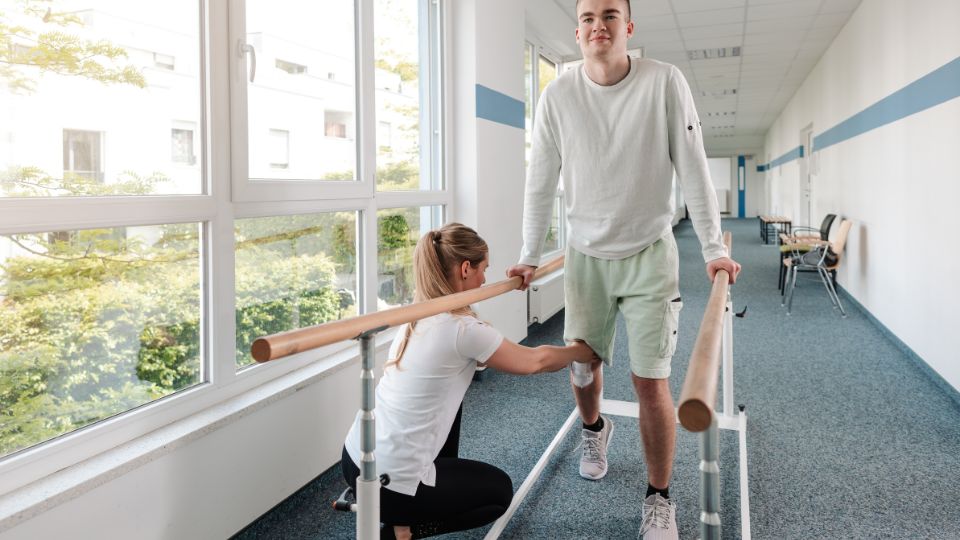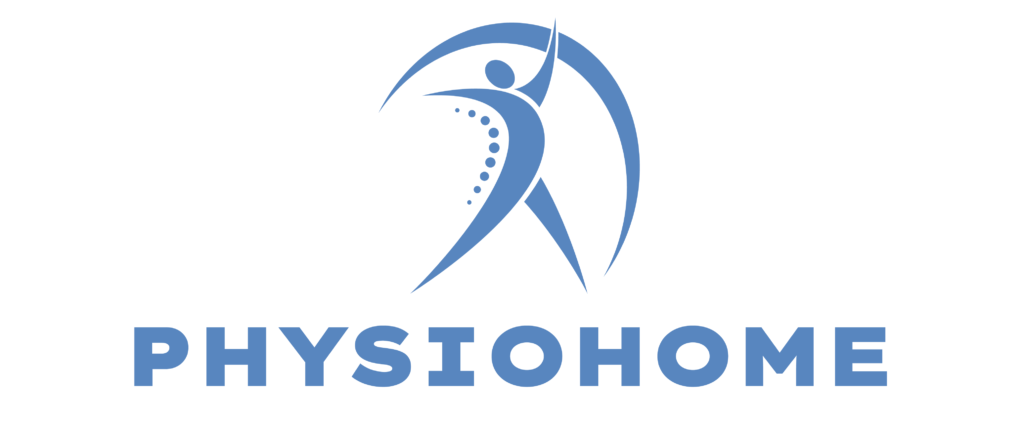Physiotherapy, often referred to simply as physical therapy, is a crucial component of healthcare aimed at improving a person’s physical function and overall quality of life. It involves a variety of techniques and approaches tailored to individual needs, making it a versatile and effective treatment option for many conditions. Whether recovering from an injury, managing a chronic illness, or enhancing athletic performance, physiotherapy offers personalized care to promote healing and restore optimal movement.
What is Physiotherapy?

Physiotherapy is a branch of rehabilitative health that utilizes physical methods such as exercise, manual therapy, education, and modalities like ultrasound and electrical stimulation to treat a wide range of conditions. The goal is to alleviate pain, improve mobility, prevent further injury, and enhance physical strength and function.
Common Techniques and Approaches
Exercise Therapy:
Central to physiotherapy is the use of therapeutic exercises. These are designed to strengthen muscles, improve flexibility, and enhance endurance. Exercise programs are tailored to the individual’s specific needs and may involve stretching, resistance training, aerobic conditioning, or functional movements.
Manual Therapy:
This hands-on approach involves skilled manipulation and mobilization of joints and soft tissues. Techniques such as joint mobilizations, spinal manipulation, massage, and myofascial release can help reduce pain, improve range of motion, and promote tissue healing.
Electrotherapy:
Modalities such as ultrasound, electrical stimulation (e.g., TENS), and laser therapy are used to provide pain relief, reduce inflammation, and aid in tissue repair. These treatments can be particularly effective in managing acute injuries and chronic pain conditions.
Education and Advice:
Physiotherapists educate patients about their condition, proper body mechanics, and strategies for injury prevention. This empowers individuals to take an active role in their recovery and maintain long-term health.
Thermal Therapy:
Heat and cold therapies are utilized to alleviate pain, reduce muscle spasms, and promote circulation. Heat packs, ice packs, and contrast baths are common methods employed in physiotherapy clinics.
Functional Training:
This focuses on improving the ability to perform activities of daily living (ADLs) and sports-specific movements. It integrates strength, flexibility, balance, and coordination to enhance overall functional capacity.
Conditions Treated with Physiotherapy

Physiotherapy is beneficial for various conditions, including:
- Musculoskeletal Injuries: Sprains, strains, fractures, and post-operative rehabilitation.
- Neurological Disorders: Stroke, spinal cord injuries, Parkinson’s disease, and multiple sclerosis.
- Cardiopulmonary Conditions: Chronic obstructive pulmonary disease (COPD) and post-cardiac surgery rehabilitation.
- Sports Injuries: Athletes benefit from physiotherapy to recover from injuries and enhance performance.
- Chronic Pain Syndromes: Fibromyalgia, arthritis, and chronic back pain.
The Role of the Physiotherapist
Physiotherapists are highly trained healthcare professionals who assess, diagnose, and treat physical conditions. They develop personalized treatment plans based on thorough evaluations and collaborate with patients to achieve their rehabilitation goals. Continual assessment and adjustment of treatment strategies ensure progress and optimal outcomes.
Choosing a Physiotherapist
When seeking physiotherapy services, consider the following:
- Qualifications: Ensure the physiotherapist is licensed and accredited.
- Experience: Look for specialization in your specific condition or area of concern.
- Communication: A good physiotherapist will listen attentively, explain treatments clearly, and involve you in decision-making.
Conclusion
Physiotherapy is a dynamic and effective healthcare discipline that empowers individuals to regain function, reduce pain, and improve their overall well-being. By employing a combination of evidence-based techniques and personalized care, physiotherapists play a crucial role in helping patients recover from injuries, manage chronic conditions, and achieve optimal physical health. Whether you’re recovering from surgery, managing a chronic illness, or striving for peak athletic performance, physiotherapy offers comprehensive and tailored solutions to meet your needs.
Understanding the diverse techniques and approaches used in physiotherapy equips individuals with the knowledge to make informed decisions about their health and rehabilitation journey. By partnering with skilled physiotherapists, patients can embark on a path toward improved mobility, enhanced function, and a better quality of life.
Physiotherapy isn’t just about recovery—it’s about empowerment through movement and health restoration. Contact us today at Physiohome, located in Ras Al Khaimah, United Arab Emirates, to discover how physiotherapy can benefit you. Our expert physiotherapists are dedicated to providing personalized care and effective treatment to help you achieve your health and wellness goals. Whether you’re recovering from an injury, managing a chronic condition, or seeking to enhance your physical performance, we are here to support you every step of the way.

